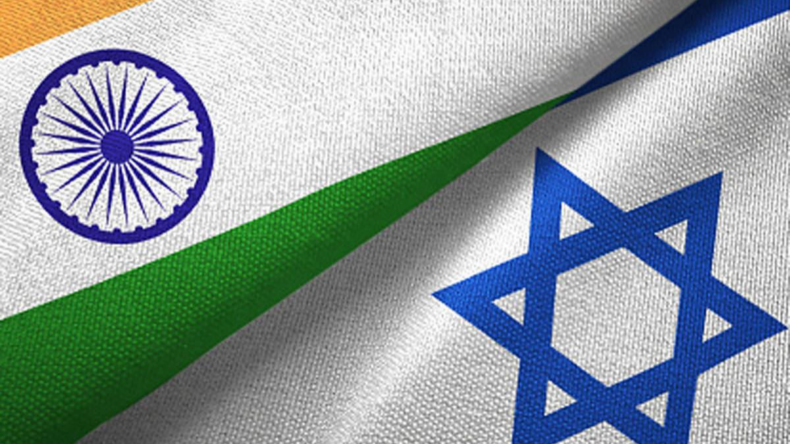Indian Prime Minister Narendra Modi and Israeli Prime Minister Naftali Bennett have joined hands in various areas of cooperation. For a long time, both countries have been discussing expanding possibilities of expanding ties in innovation, technology, space, security, farm, and food technologies.
How did it all start?
Initially, PM Modi’s visit to Israel in July 2017 kickstarted the partnership between the two nations. After Mr Bennett took office in Israel, the two leaders met on the side-lines of the event of COP Climate Conference in Glasgow for the first time. Since then, there have been a series of talks between the two over areas of mutual interest.
Both countries have shown immense interest in working together to enhance solid bilateral ties. Modi invited Bennett to visit India, and the Israeli prime minister is expected to be here in the first quarter of 2022 to commemorate 30 years of bilateral partnership.
What’s coming?
India and Israel have agreed to compactly form a new task force to identify new areas of cooperation. The joint working group of India and Israel (JWG), in its 15th meeting, has agreed to form a task force to formulate a comprehensive 10-year roadmap finding fields of defence cooperation.
The meeting was held in Tel Aviv, Israel, on Wednesday, November 17, 2021. According to a statement issued by the ministry, it was co-chaired by Indian Defence Secretary Ajay Kumar and Director General of Israel’s Defence Ministry Amir Eshel.
The JWG acts as an apex body that regulates between defence ministries of India and Israel to review and guide all aspects of bilateral defence cooperation comprehensively. The military-to-military engagements would be reviewed and analysed on both sides, including exercise and industry cooperation.
The wide-ranging discussions were also held on topics of bilateral military technological challenges and means to resolve. It also aimed to bring out results on the problems of the Middle east and Indo-Pacific regions.
India has been on the road to procure a wide array of Israeli weapons, including Phalcom AWACS (airborne warning and control systems), Heron, Searcher II, anti-aircraft missile systems, Harop drones, etc. from a long time.
After the latest join-up, the Indian Armed Forces also inducted next-generation weapons and procurement systems and devices to build a more potent and more effective defence mechanism.
To facilitate this, the India-Israel partnership is enforcing Barak-8 surface-t-air missile systems under three joint DRDO-Israeli Aerospace Industries (AI) projects worth over 30,000 crores.
The meeting also produced an output that the Sub-Working Groups (SWG) would be formed to investigate the smooth functioning of the processes. A term of reference was signed to carry out defence industry cooperation.
“The formation of this SWG would enable efficient utilisation of bilateral resources, effective flow of technologies and sharing industrial capabilities,” the ministry said.

As a part of the strategic partnership, the two nations also try to expand knowledge-based collaboration, including cooperation on innovative projects such as those of the “Make in India” initiative. PM Modi recently reiterated that India profoundly values its relationships of friendship and peaceful exchange and would continue to further improvise on the areas of need.
Bennett replied, “Our goal is to continue the wonderful path that you placed with my predecessor, and bring it to a whole new level, so we can ensure that our two nations work together on innovation, technology, space, security, agriculture, food technologies, and of course climate-related technologies.”
“Indeed! We shall continue working together for stronger bilateral ties and for a better planet,” Modi tweeted on Tuesday, along with a video of the two leaders exchanging pleasantries during their discussion.
The coalition of the two countries is expected to bring fruitful outcomes both for India and Israel, and the collaborative steps taken are yet to bear a positive upshot.













